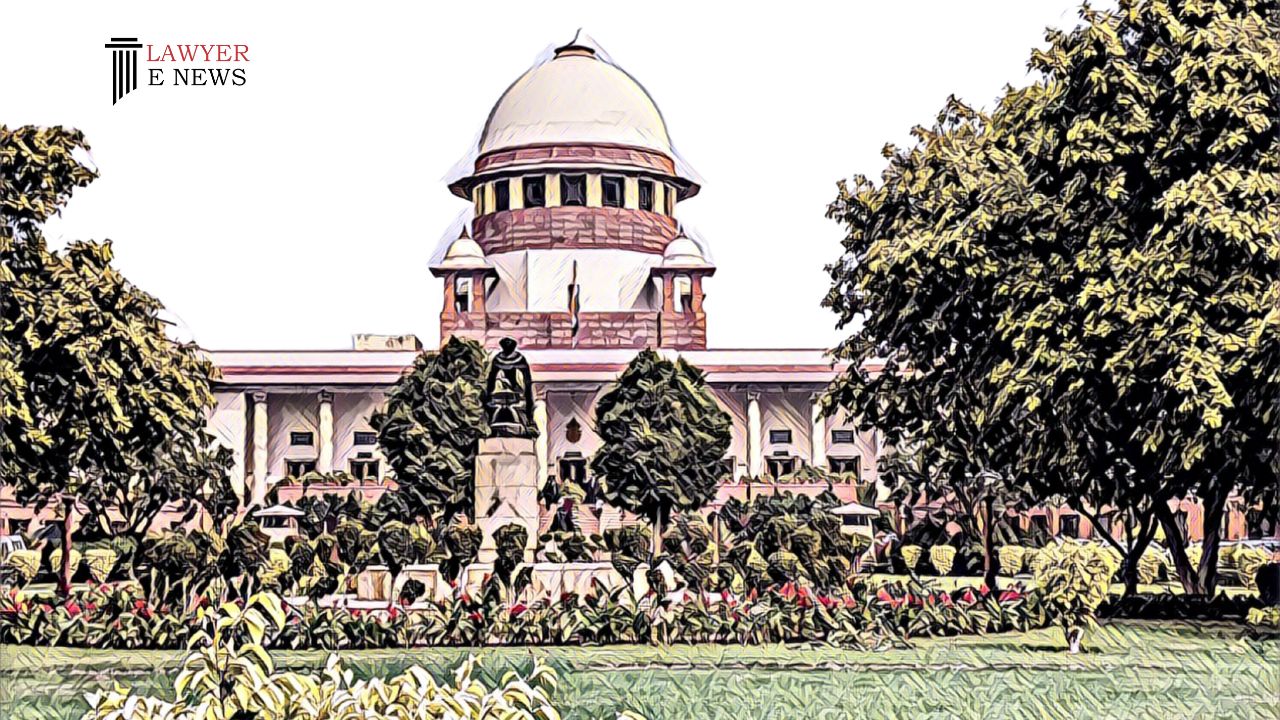-
by sayum
16 February 2026 6:35 AM



On 30 October 2023, the Supreme Court of India has denied bail to former Deputy Chief Minister of Delhi, Manish Sisodia, in a highly significant corruption and money laundering case. The decision comes following an exhaustive examination of Sisodia's bail application, which involved a thorough analysis of various legal issues and allegations.
Sisodia's plea for bail revolved around allegations under the Prevention of Corruption Act, 1988, the Indian Penal Code, 1860, and the Prevention of Money Laundering Act, 2002. These charges were brought against him based on two chargesheets filed by the Central Bureau of Investigation and a criminal complaint lodged by the Directorate of Enforcement.
The case raised complex legal questions, including constitutional protection under Articles 74 and 163, the interpretation of Section 3 of the Prevention of Money Laundering Act, and the conditions for prosecution under the PML Act.
One of the primary allegations against Sisodia pertained to a conspiracy related to a new excise policy, with accusations of kickbacks totaling an astounding Rs. 100 Crores, purportedly used in election campaigns. Additionally, claims of money laundering have been made in connection with these allegations.
The court conducted an extensive examination of the evidence, including statements from co-accused and other witnesses, documentary evidence, and contradictions therein. The case involved an alleged involvement of middlemen and Sisodia's purported influence in the granting of a wholesale license to Indo Spirit.
Sisodia's defense vehemently denied the allegations, pointing to a lack of concrete evidence linking him to the alleged crimes. He consistently maintained that he had no involvement in the illicit transactions and activities in question.
Counter-arguments presented by the CBI and the Directorate of Enforcement reiterated claims of conspiracy, evidence showing the money trail, and allegations of evidence destruction by Sisodia. Concerns were raised about his potential influence over ongoing investigations and the trial.
One of the significant challenges in this case is the anticipation of a lengthy trial due to the voluminous evidence and numerous legal issues raised. Despite the gravity of the charges, the court expressed concerns over prolonged incarceration, emphasizing the fundamental right to a speedy trial under Article 21 of the Constitution.
In the judgment, the court delved into the interpretation of Section 45 of the Prevention of Money Laundering Act, emphasizing that bail applications are not meant to determine guilt but to assess broad probabilities. The court's role is to make a tentative finding based on available evidence without prejudicing the merits of the case during the trial.
The judgment also scrutinized the allegation of a bribe payment of Rs. 2,20,00,000 to Sisodia, which was not included in the CBI's chargesheet, making it challenging to regard as 'proceeds of crime' under the PML Act.
Despite these legal complexities, the court's decision to deny bail underscores the seriousness of the charges and the need to secure the accused's presence for trial. However, the court has provided the liberty to Manish Sisodia to seek bail afresh in case of changed circumstances or protracted trial, reflecting its commitment to upholding constitutional mandates while ensuring law enforcement.
The appeals have been dismissed with a clarifying note that the observations made in the judgment are for the disposal purposes of the present appeals and are not intended to influence the trial court's proceedings on the merits of the case. This ensures adherence to legal protocols and a fair evaluation of evidence in the subsequent trial.
The case has garnered significant attention due to its political implications and the involvement of a prominent figure like Manish Sisodia. It is expected that the legal proceedings will continue to be closely watched as the trial progresses.
Date of Decision: October 30, 2023
MANISH SISODIA VS CENTRAL BUREAU OF INVESTIGATION
